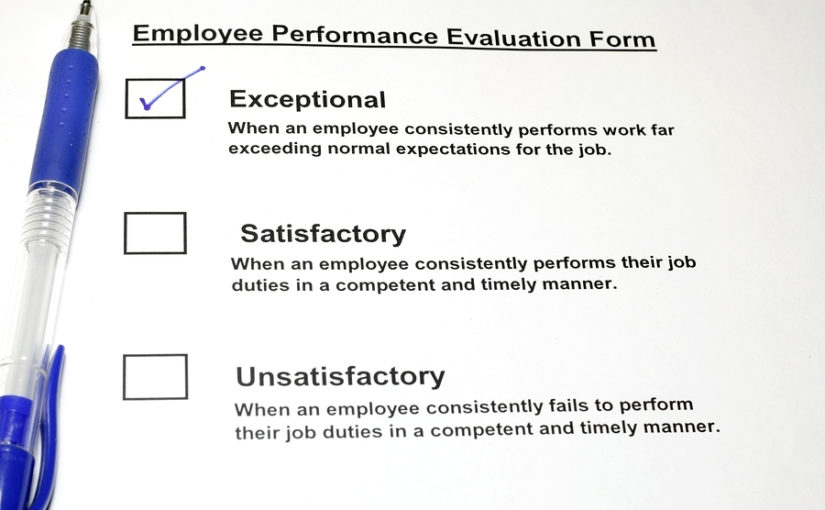
Today’s reading: Matthew 22
In May, my 11 year old got braces. This was not unexpected, as she sucked her thumb for the first 4 ½ years of her life. (I knew letting her suck her thumb was going to cost me a pile of money at some point. But, she was so cute and so happy I decided I was willing to pay for braces if it meant more sleep for me in those early months!) Her teeth were pretty crowded and she was anxious to get them corrected. The treatment plan started with a jaw expander, braces on her upper teeth, then braces for her lower teeth. Ugh. It was pretty painful the first couple of days, but she eventually got used to the mouth full of hardware she will have for the next 24 months.
Three months later I was back at the orthodontist with my son. He was a little different story. His teeth were fairly straight, so he wasn’t sure he really wanted braces. Turns out, his bite was pretty messed up. What I thought was going to be a pretty quick, easy and cheaper treatment plan, turned out to be just as significant as my daughters’. Even with a sibling discount and insurance, it was still going to cost me a ton.
It was at this point, Freddy and I had a heart to heart. My advice to him was to get his teeth fixed while someone else (his parents) was willing to foot the bill. Before I shelled out the cash, however, I wanted to make sure he was committed to the plan. I wanted affirmation that he was going to follow the strict instructions of the orthodontist – brushing and flossing every day, using fluoride mouthwash, and avoiding certain foods. I was not interested in wasting my money on braces that were not going to work because he wasn’t willing to do his part.
As you’d expect, he agreed to the plan, and I am thousands of dollars poorer today than I was in May. But I am a mother, and I am willing to make sacrifices for the good of my children. As I reflected on our scripture for today in Matthew 22, it became painfully obvious the things I do for my kids really aren’t that much of a sacrifice. In fact, they pale in comparison to the sacrifice God made for us by sending Jesus. Let’s look a little closer at the parable of the wedding feast.
The king prepared a wedding feast for his son. When it was time for the guests to come, they all had excuses for not showing up. So, the king sent out servants to find others. They too didn’t come and even went so far as to mistreat the servants. Eventually, the king sent the servants out with an invitation for all – the good, the bad and the ugly – to join in the wedding celebration. They came and filled up his tables. Okay, this made sense. God invites us all – the good, the bad, and the ugly to his table; even though we often turn away, he keeps giving us more chances to be part of his plan. Then I got to verses 11-13…
But when the king came in to see the guests, he noticed a man there who was not wearing wedding clothes. He asked, ‘How did you get in here without wedding clothes, friend?’ The man was speechless.
“Then the king told the attendants, ‘Tie him hand and foot, and throw him outside, into the darkness, where there will be weeping and gnashing of teeth’ (Matthew 22:11-13).
If the King sent his servants to find people who weren’t originally invited (nor necessarily fit) to come to the wedding feast – the poor, homeless people on the street – why then did he attack one of them for not wearing the right clothes? It didn’t make any sense to me until I understood a little more about the customs of the day.
In Jesus’ time, it was customary for the host to provide wedding guests appropriate clothes to wear to the feast. (How great would that be? Never having to figure out what to wear to the event would make things so much easier!) Without the right clothes, guests couldn’t be part of the celebration. Guests didn’t want to insult the host, nor did they want to signal that they weren’t interested in participating, so they never refused to wear the wedding clothes given to them.
Is this starting to make sense? This story isn’t just about God’s invitation for us to be his people. It is also a picture of his amazing grace. See, God cannot live with sin because it goes against his perfect nature. We have to somehow get rid of our sin in order to spend eternity with him. Because we can’t do this for ourselves, God chose to make a way for us. His solution was to send Jesus, his only son, to pay the price for our sin. By taking our sin upon himself, then giving his life as a sacrifice, Jesus became our “wedding clothes”. Accepting him as Savior and Lord is how we become acceptable to God, “clothed in righteousness”. Not everyone, unfortunately, will make this choice. Like the wedding guest who wouldn’t accept the clothes, those who deny Jesus will eventually be cast out to spend eternity apart from God.
How humbling. I love Freddy with all my heart, but I was unwilling to spend $4,000 unless he affirmed he would follow the orthodontist’s treatment plan. God, on the other hand, was willing to give his son’s life as a sacrifice for all even though he knew many would reject him.
Given what you know about Jesus today, how could you say no to him?
Thorns on his head. Spear in his side. Yet it was a heartache that made him cry. He gave his life so you would understand. Is there any way you could say no to this man? – Mickey Cates (1981)
https://www.youtube.com/watch?v=EAHtQgcbbgc









